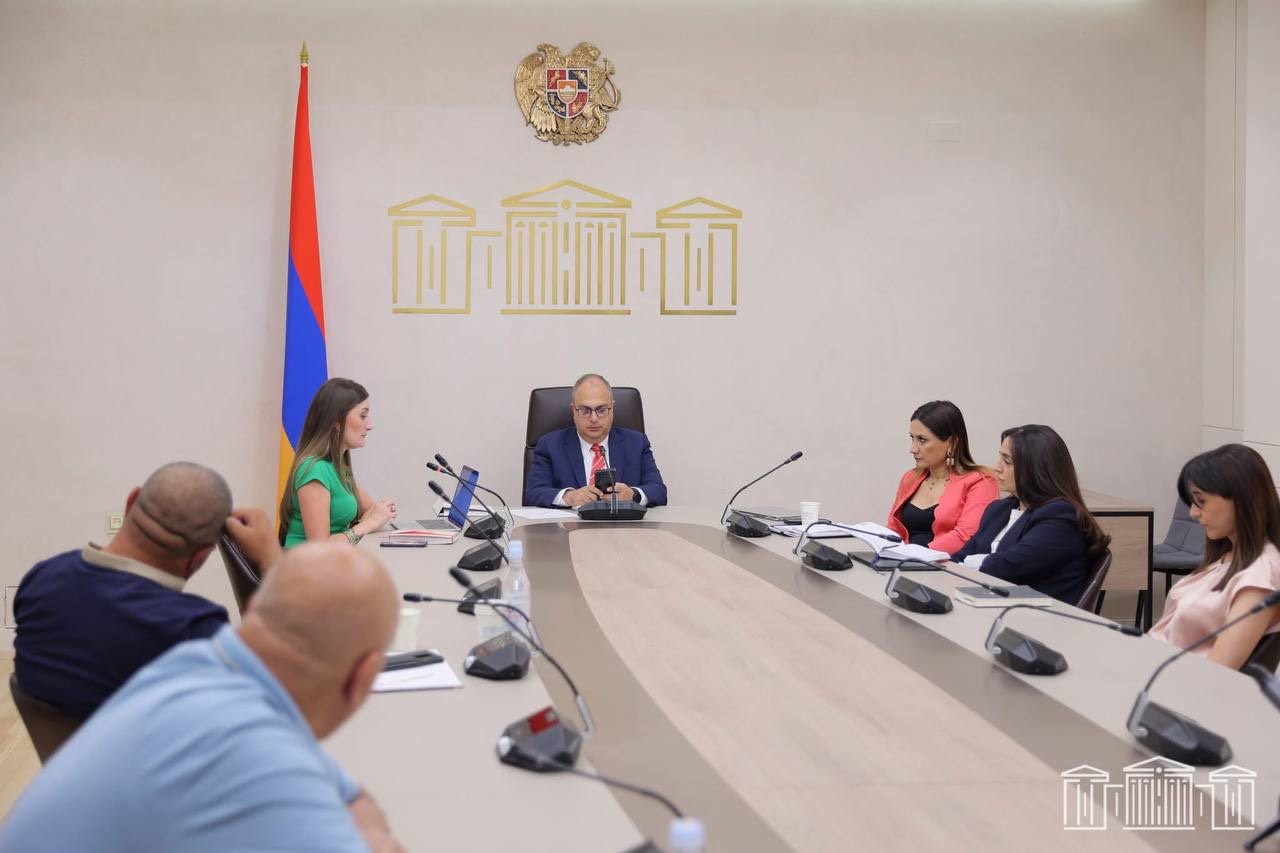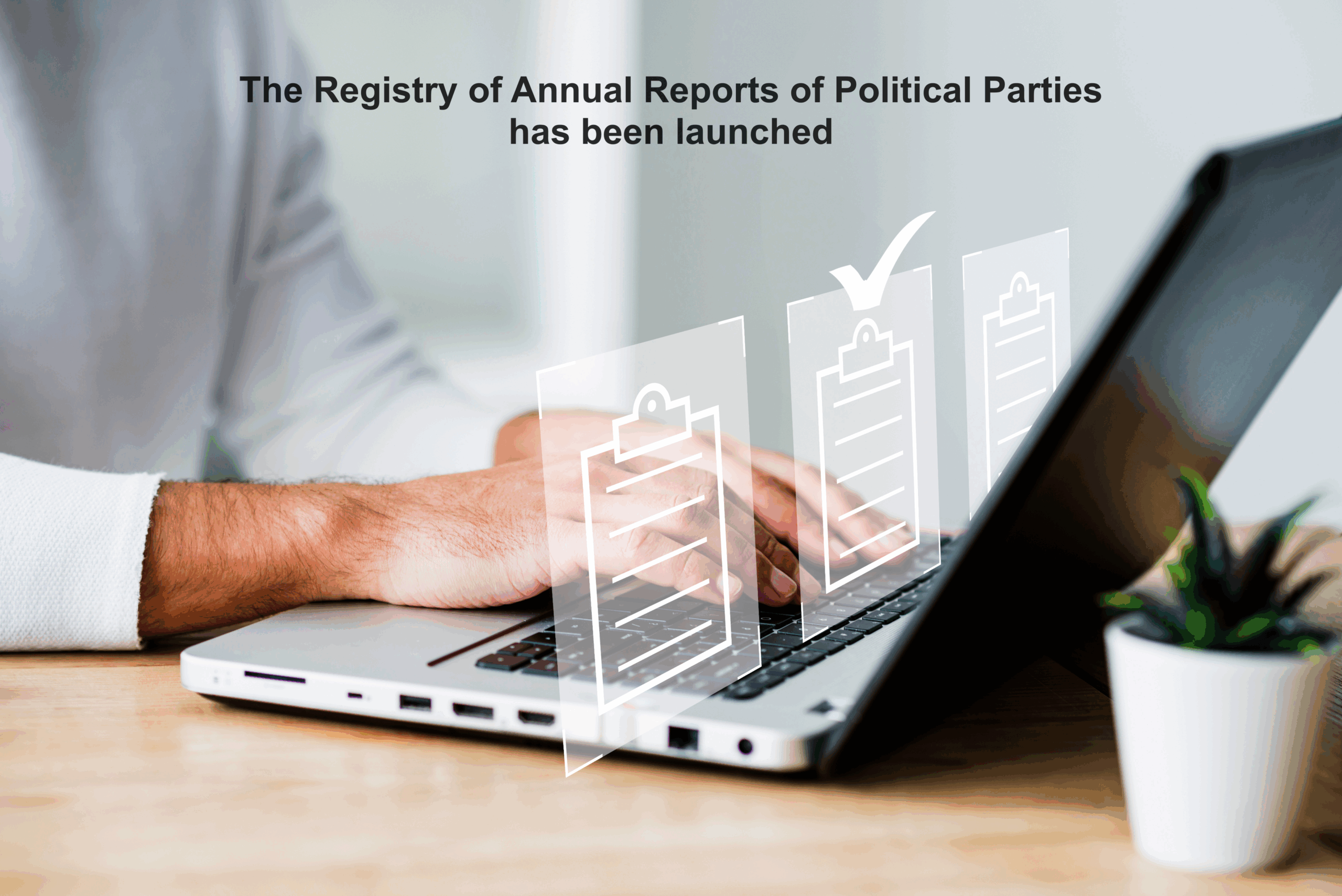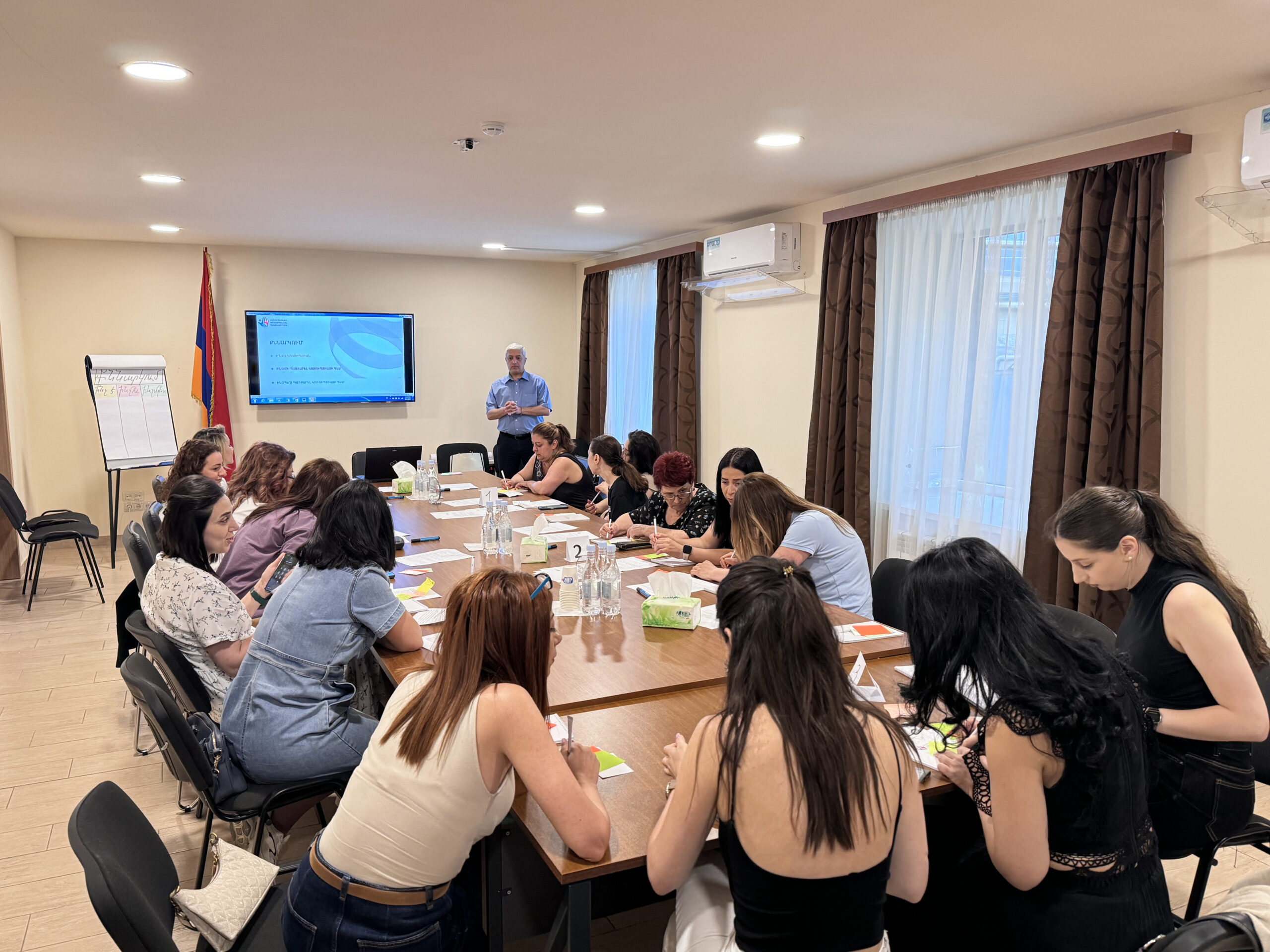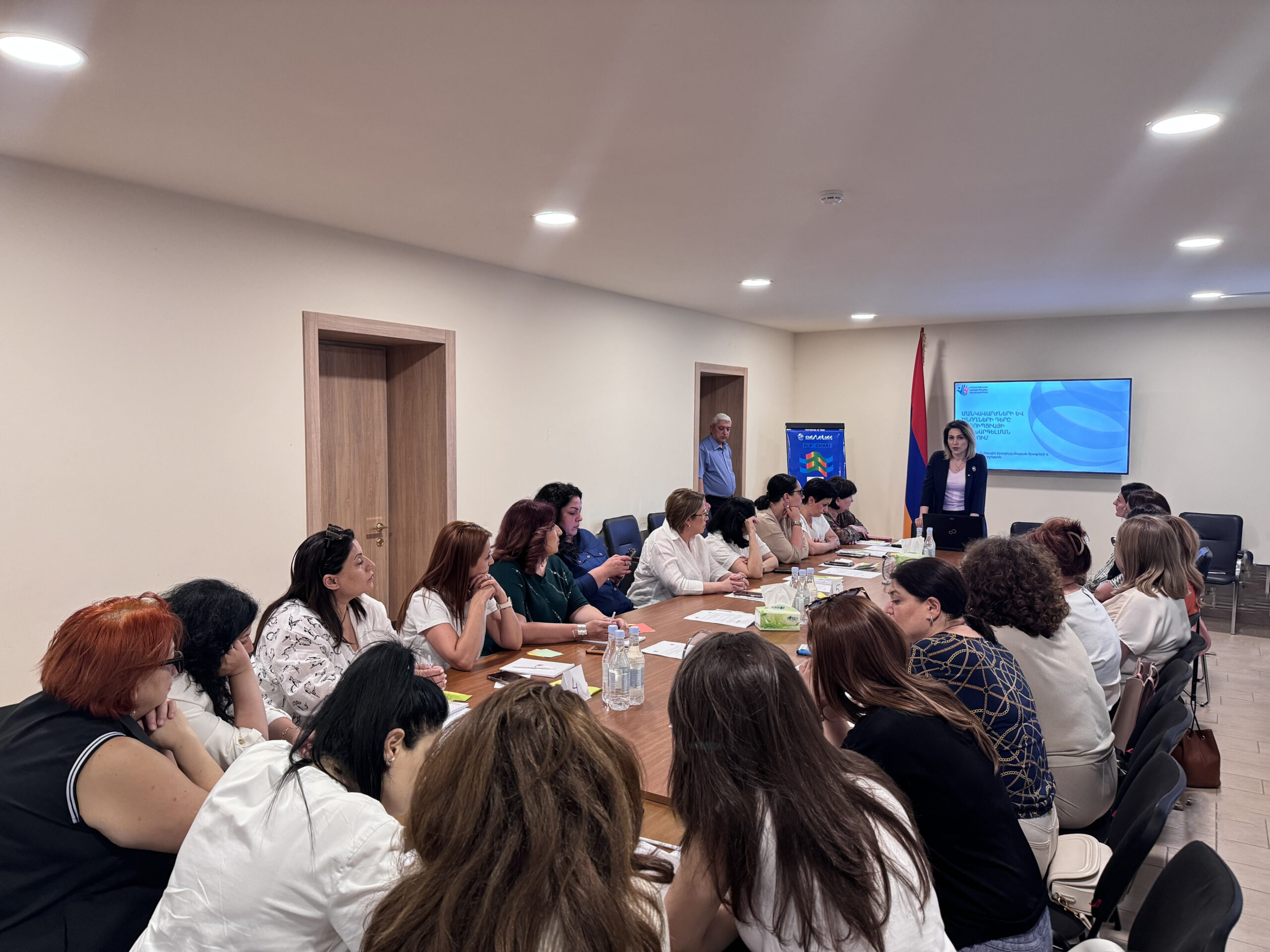Discussion of the draft teacher’s manual “Corruption Prevention and Integrity”
On June 30, a discussion took place in the city of Gyumri around the draft of the teacher’s manual “Corruption […]





On June 30, a discussion took place in the city of Gyumri around the draft of the teacher’s manual “Corruption […]
On June 12, Mariam Galstyan, Acting Chairperson of the Corruption Prevention Commission (hereinafter referred to as the Commission), presented the
On June 6, 2025, the Corruption Prevention Commission hosted around 30 second-year students majoring in “Management” from Yerevan N. Adjemian
The Corruption Prevention Commission (hereinafter referred to as the Commission), continuing its meetings with representatives of the school community educators
The Corruption Prevention Commission informs that the registry of political parties’ annual reports has been launched, aimed at ensuring the
The formation of an environment with ‘zero tolerance’ towards corruption is only possible through the active participation of broad layers
